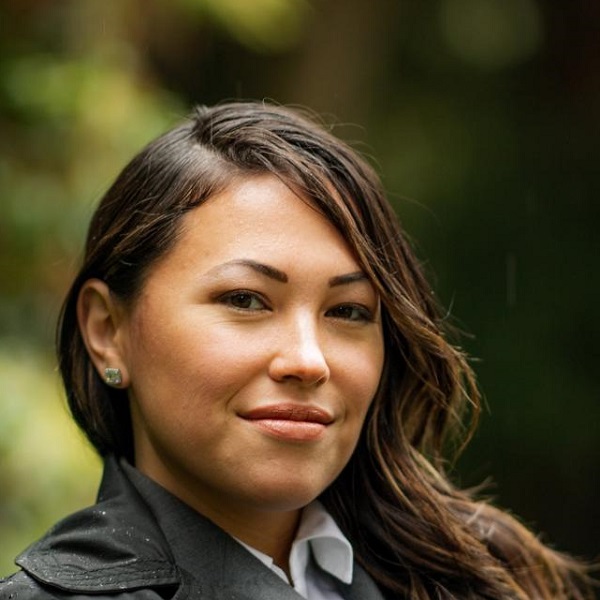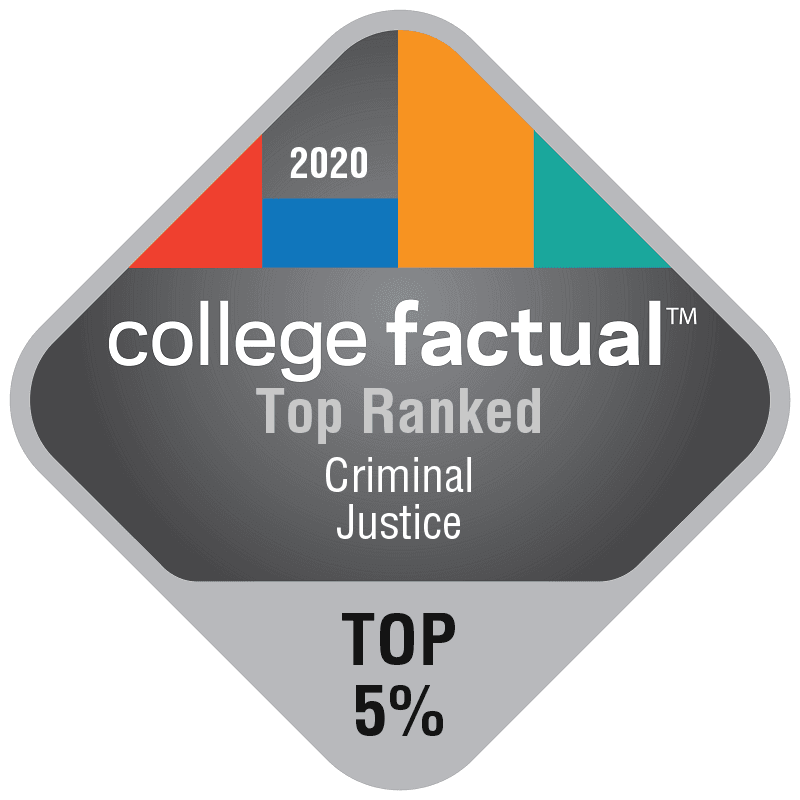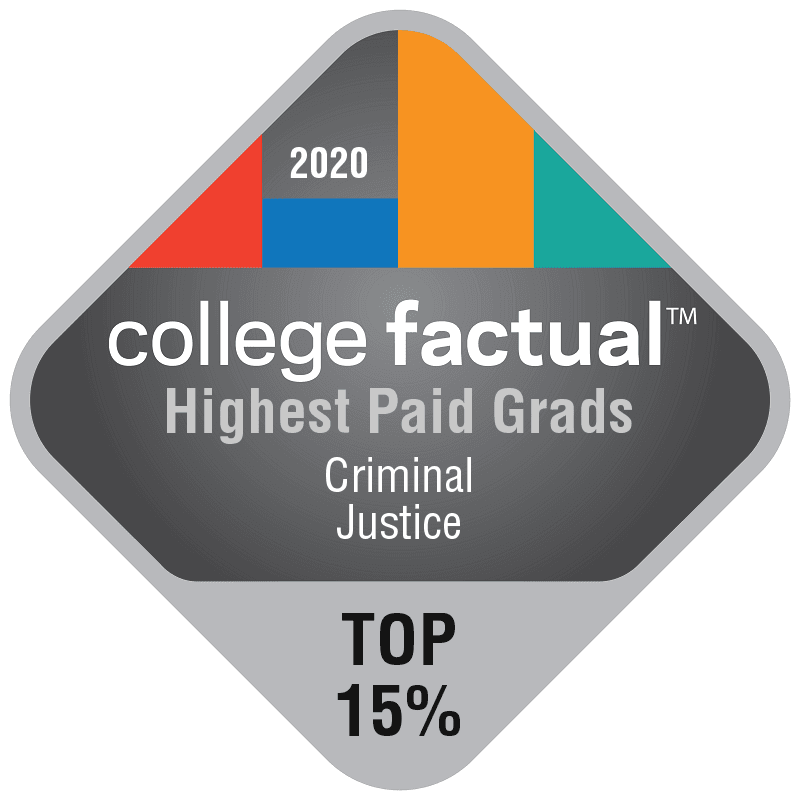
Diversity, Equity & Inclusion
A Collaborative Approach to Criminal Justice
The Seattle University Criminal Justice, Criminology & Forensics department offers you a wide variety of undergraduate degrees so that you can carve the career path of your choice. An interdisciplinary social science, we span across both the arts and sciences to provide you a deep understanding of the many facets involved with the study of crime and societal responses. Your studies in conceptual and empirical knowledge fosters sophisticated thinking, reflection and action that helps you become a leader in the field. Our curricula allow you the agency to drive your education as we provide you a strong academic foundation complemented with practical experience that prepares you for graduate study and a wide variety of careers within criminal justice.
No matter what aspect of criminal justice you decide to focus on, our low student-to-faculty ratio and many internship opportunities allow you to build a network of support both within the university and beyond. Through our internships, you can apply classroom learning to real-world situations so that, upon graduation, you can hit the ground running, taking on challenges and leadership roles effectively and successfully.
BA, Criminal Justice, Criminology & Forensics
A variety of specializations allow you to pursue the focus of your choice.

BS, Criminal Justice, Criminology & Forensics
Blend the arts and sciences, with two specializations offered.

Accelerated Programs
Combined programs of Undergraduate and Graduate.

Alumni Making an Impact
Our alumni carry the knowledge, critical thinking skills, values and ethical consciousness onto careers as responsible practitioners, managers, researchers and leaders in the criminal justice field. They continue within the Jesuit spirit of inquiry and innovation to drive the field forward and help create systems that respond to the needs of a complex society.

Governor Jay Inslee recently appointed Toshiko Grace Hasegawa as executive director of the Washington State Commission on Asian and Pacific American Affairs. Prior to this, she served as communications manager for King County’s Office of Law Enforcement Oversight, where she engaged diverse stakeholders in conversation around social justice issues related to policing. In 2016, Inslee appointed her to represent CAPAA upon the Statewide Task Force on Deadly Force in Community Policing.

Crime and Justice Research Center
Recognizing that crime and its prevention, response, and reparation are community concerns, we bring together researchers, academics, law enforcement personnel, judges, psychologists, sociologists, and others involved in the study of crime and the administration of justice. We also conduct public events, engage in service initiatives, and serve as a referral resource for individuals affected by crime.

-

Ranked in top 5%
For Criminal Justice
-

Top 15% Highest Paid
Criminal Justice Graduates
Ready to Transfer to SU?
-
Trends in Misdemeanor Arrests, Referrals, and Charges in Seattle
Drs. Jackie Helfgott and William Parkin report the results of the Seattle Research Network on Misdemeanor Justice-Seattle site.
Read More about Trends in Misdemeanor Arrests, Referrals, and Charges in Seattle
-
Doing Ethnography in Criminology: Discovery through Fieldwork, co-edited by Dr. Stephen Rice
The combination of case studies and “behind the scenes” contributions create a comprehensive look at insights gained from ethnographic research and choices researchers make.
-
Micro Community Policing Plan
SU Criminal Justice and the Seattle Police Department's ongoing collaboration to help local law enforcement and increase community engagement.
-
Senate Votes to Repeal Death Penalty in Washington State
AP and UPI wire service stories included mention of a 2015 study by SU professors, including CJ faculty Peter Collins, Matthew Hickman.
Read More about Senate Votes to Repeal Death Penalty in Washington State